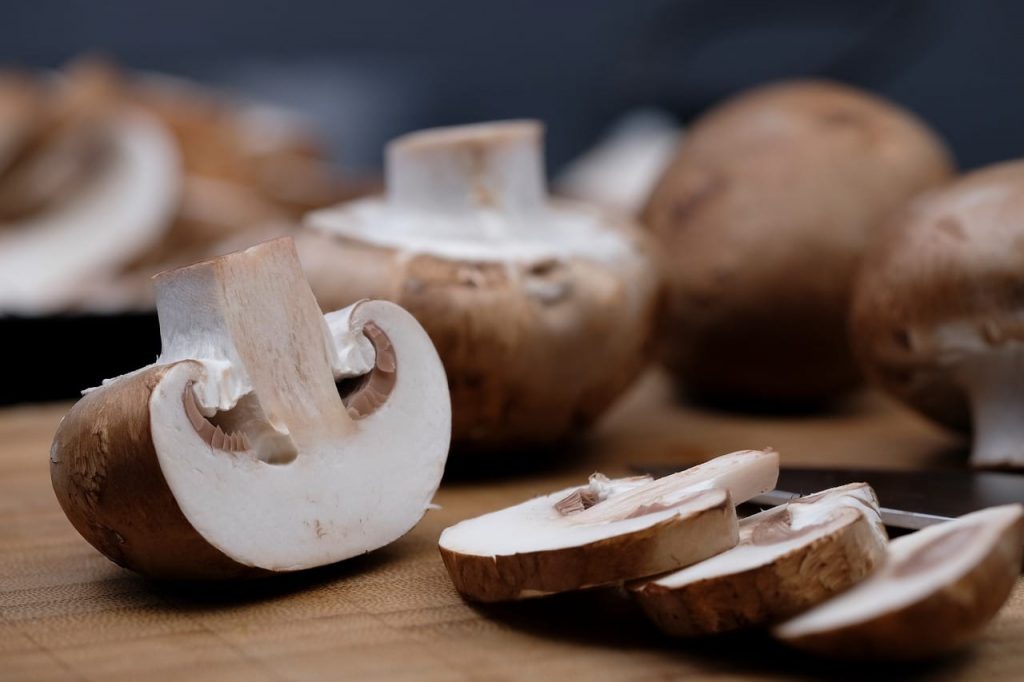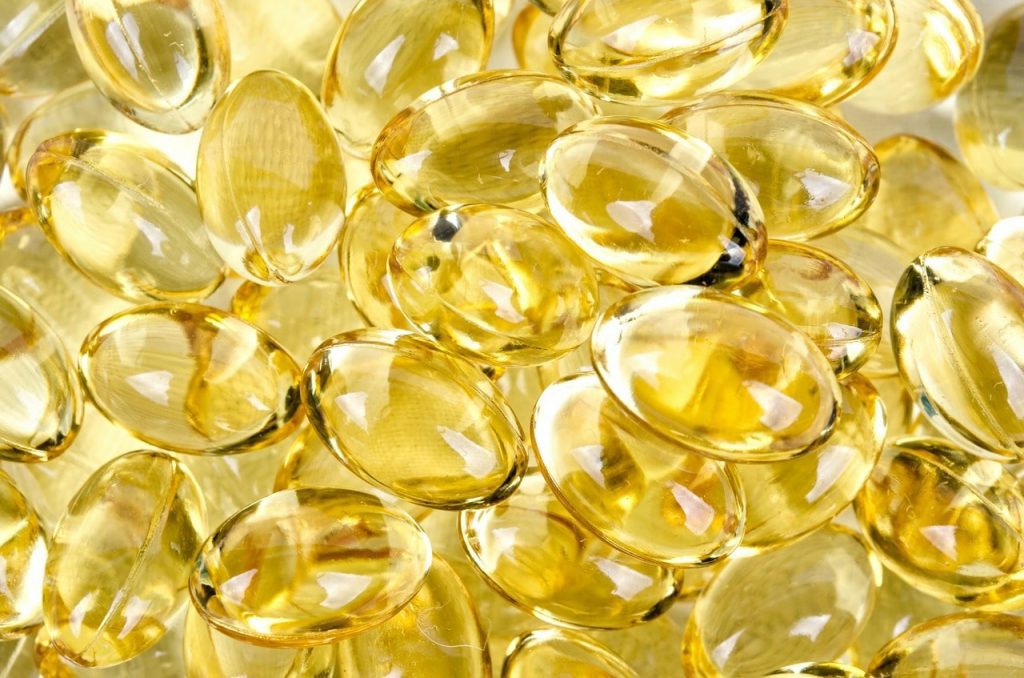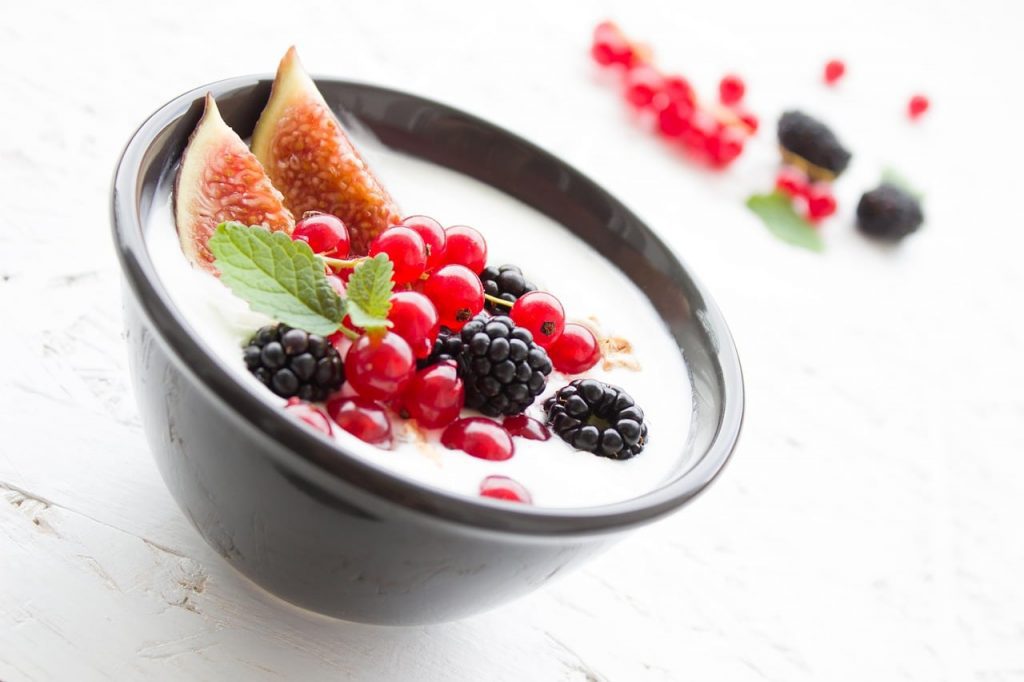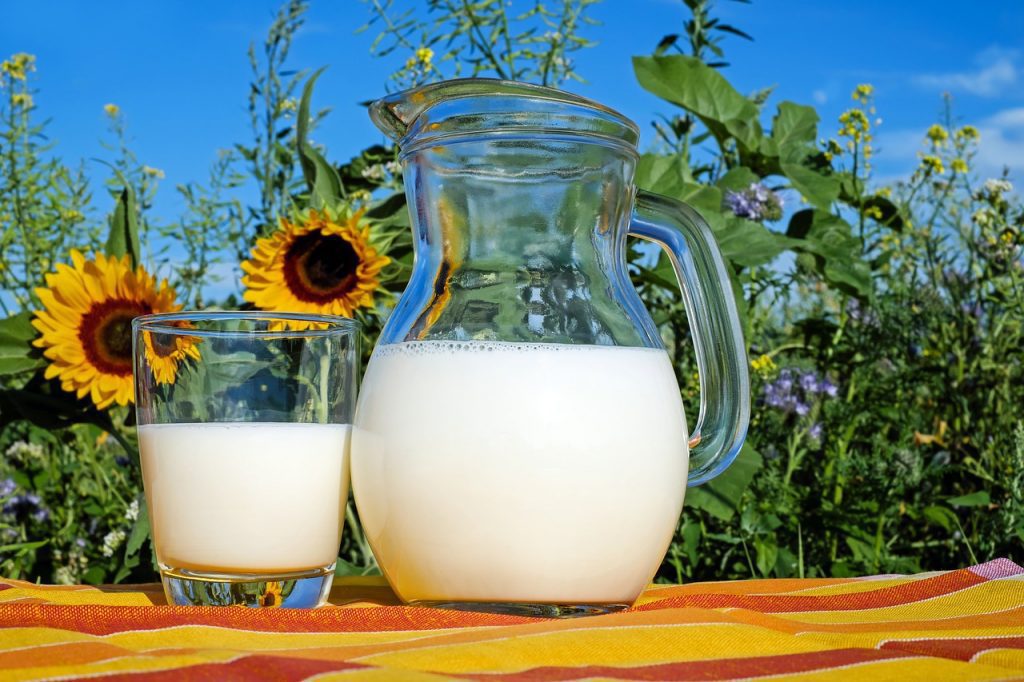Vitamin D Rich Foods: What Is Vitamin D?
Vitamin D is a nutrient produced by the human body when the skin comes in direct contact with sunlight. If someone is deficient in vitamin D, they can even consume it in the form of food or supplements. But vitamin D is not present naturally in most foods, hence the choice of vitamin D -rich foods is not very large. Oily fish and some types of mushrooms have vitamin D in them naturally. Vitamin D helps in the proper absorption of calcium in the body and keeps your bones, nerves, and muscles healthy. It is also responsible for keeping the immune system healthy.
Related Reading:

Vitamin D is also known as sunshine vitamin as the human body has the ability to absorb vitamin D from sun rays. Exposure to the sun between 10 AM to 3 PM, two times a week can boost the vitamin in the human body. But this time depends on the type of climate you are living in. It would be difficult to get vitamin D for those who don’t go outdoors much often. Vitamin D is measured in international units (IU) or micrograms (mcg).
Man Matters Pure Himalayan Shilajit/Shilajeet Gummies with 75% Fulvic Acid & KSM 66 Ashwagandha | Boosts Stamina, Strength & Improves Energy Levels | No Added Sugar | Pack of 60
Vitamin D recommended for people of different ages are:
| Infants | 400 IU |
| Children | 600 IU |
| Adults up to 70 years | 600 IU |
| Adults above 70 years | 800 IU |
| Pregnant women | 600 IU |
Source: US Institutes Of Medicine (IOM)
Summary: Vitamin D is also known as sunshine vitamin as the human body has the ability to absorb vitamin D from sun rays. Vitamin D is a nutrient that can be produced naturally and can also be eaten as a supplement for people with Vitamin D deficiency.
Table of Contents
Vitamin D Rich Foods: What Is Vitamin D deficiency
Even though the human body is capable of creating vitamin D, still some people get deficient in vitamin D. Bodies of people with dark skin color or those who use sunscreen are not able to produce vitamin D efficiently. A sunscreen with only SPF 30 reduces the ability of the body to create vitamin D by 95%. People residing in northern latitudes or in areas where there is pollution and very less exposure to sunlight are usually vitamin D deficient. Many people fulfill their vitamin D requirements by supplements but it is always better if it is created via natural resources.
Summary: People who don’t have enough Vitamin D in their bodies have vitamin D deficiency. It is common in people living in northern latitudes or people living in polluted areas.
Vitamin D Rich Foods: Symptoms Of Vitamin D Deficiency
If you have the following symptoms then you are probably deficient in Vitamin D:
- Muscle pain
- Hair loss
- Impaired wound healing
- Bad mood
- Pain in back and bones
- Fatigue
- Often falling ill/Low immunity
If these symptoms are not taken care of then these symptoms can increase risk to:
- Neurodegenerative diseases such as Alzheimer’s disease
- Osteoporosis
- Chronic fatigue syndrome
- Fibromyalgia
- Depression
- Hypertension
- Diabetes
- Obesity
- Cancer
Vitamin D Rich Foods: Foods That Are Rich In Vitamin D
- Eggs: Egg yolk is a great source of vitamin D and it can be added to your diet easily. You can eat eggs for breakfast, lunch, snacks, etc. You can even mix boiled eggs in salad and have them.
- Chicken: There are many ways to eat chicken and you can follow different methods to cook the chicken to avoid monotony.
- Tuna: Tuna fish is an oily fish which is a great source of vitamin D.
- Fortified skimmed milk: This type of milk has vitamin D added in it manually.
- Sardines
- Salmon
- Raw mushrooms
- Cooked swordfish
- Cod liver oil: Cod liver oil can only be consumed by non-vegetarians. Since it is basically fish oil, it is not for vegetarians.

Vitamin D Rich Foods: Sources Of Vitamin D For Vegans
- Ready to eat cereal
- Soy yogurt
- Orange juice
- Mushrooms
- Fortified almond milk
- Eggs
Vitamin D Rich Foods: Souces Of Vitamin D For Vegetarians
- Cheese
- Fortified yogurt
- Fortified low fat milk
Vitamin D Rich Foods: Fortified Foods That Are Rich In Vitamin D
Fortified foods are those which don’t have vitamin D present in them naturally. Vitamin D is added in these food items manually.
- Cereal & Oatmeal
- Orange juice
- Soy milk
- Cow’s milk
Summary: There are multiple foods that can be consumed to fulfil the deficiency of vitamin D. You can easily figure out if you have deficiency of vitamin D as there are some symptoms which indicate the same.
Vitamin D Rich Foods: Benefits Of Consumption Of Vitamin D
1. Reduce Vitamin D Deficiency
It is not important to mention that the required consumption of vitamin D will make you free from deficiency of Vitamin D.
2. Avoid Rickets
Vitamin D can prevent the occurrence of rickets.
3. Bone Disorders
Vitamin D regulates the level of calcium in the body which ensures that the bones in your body are healthy.

4. Psoriasis
Psoriasis is a skin disease that can be treated by applying cream of vitamin D on the affected area.
5. Calcium Blood Level
People who have low levels of the parathyroid hormone have even low levels of calcium in their bodies. Vitamin D ensures that calcium is properly absorbed in the body which regulates the level of calcium.
6. Fanconi Syndrome
It is a syndrome that is caused due to the low level of phosphate in the body. Vitamin D is known to treat the low level of phosphate as well.
Vitamin D Rich Foods: Side Effects Of Vitamin D
Vitamin D usually doesn’t harm the body. If vitamin D is consumed excessively in high doses then it may cause some side effects such as:
- Vomiting
- Nausea
- Metallic taste
- Dry mouth
- Loss of appetite
- Headache
- Sleepiness
- Fatigue
- Weakness
- Extremely high level of calcium in the body.
Vitamin D Rich Foods: Precautions To Take While Consumption Of Vitamin D
1. Tuberculosis
People who have tuberculosis should not consume a lot of vitamin D as that increases the calcium levels a lot. This increase in level of calcium may result in kidney stones.
2. Sarcoidosis
Vitamin D can cause kidney stones and other infections in people suffering from sarcoidosis.
3. Kidney Diseases
Vitamin D may lead to hardening of the arteries in people who are suffering from kidney diseases.

Summary: Even though vitamin D is good for health but it has its own set of benefits and side effects. Also, you need to keep a few things in mind while you are consuming vitamin D.
In conclusion, the best way to get vitamin D is via exposure to the sun. If you don’t have enough exposure to the sun, you can fulfill your vitamin D requirement via the above-mentioned food items.
FAQs About Vitamin D
-
How can I boost my vitamin D?
Nothing beats natural sunlight when it comes to boosting Vitamin D. Some foods that can help you boost vitamin D are fatty fish, cheese, fortifies milk and fortified juices.
-
What happens if vitamin D is low?
Low vitamin D levels can lead to low bone density levels which further aggravate osteoporosis and joint pains. If the Vitamin D deficiency is severe it can lead to more intense pains and diseases. In children, vitamin D deficiency can lead to rickets.
-
Does vitamin D naturally occur in milk?
No. Vitamin D is usually added in milk because milk contains calcium and these two nutrients work together for better bone health.
Disclaimer – This content including advice provides generic information only. It is in no way a substitute for qualified medical opinion. Always consult a specialist or your own doctor for more information before making any dietary changes.












